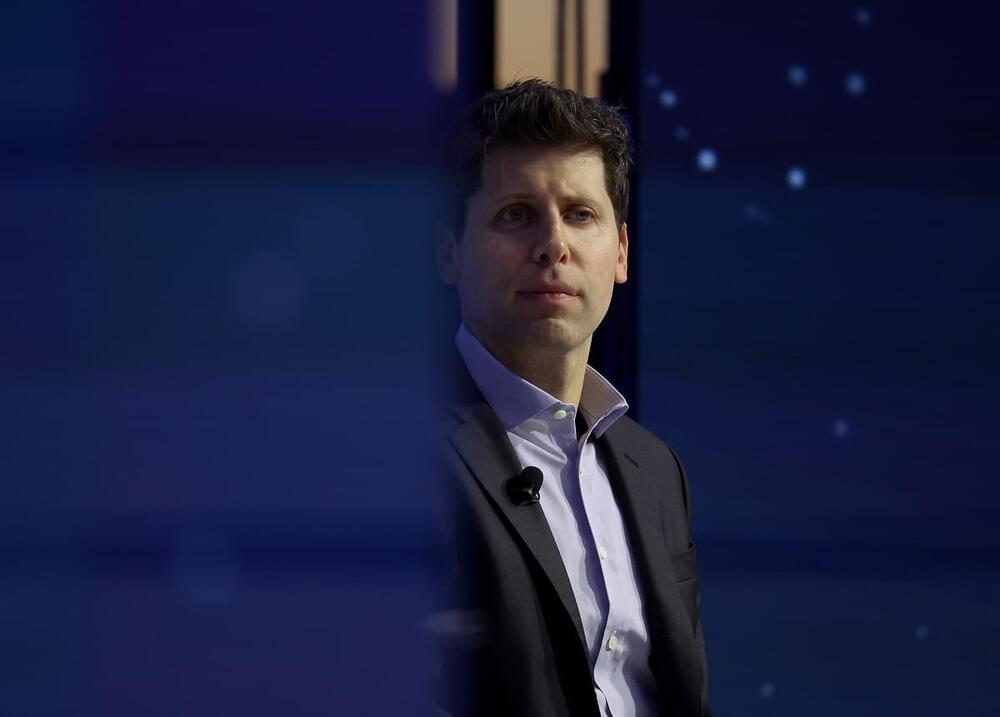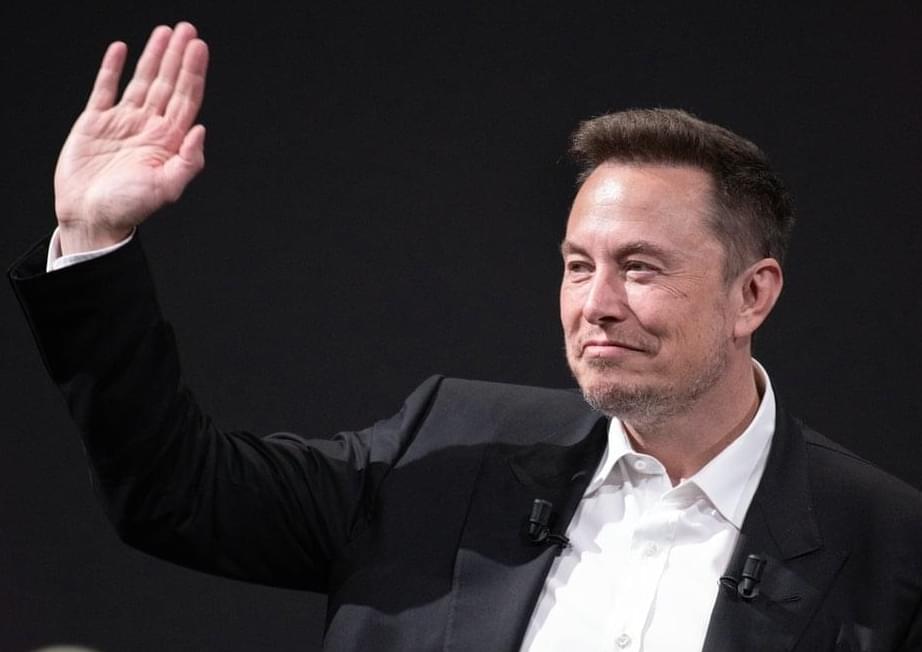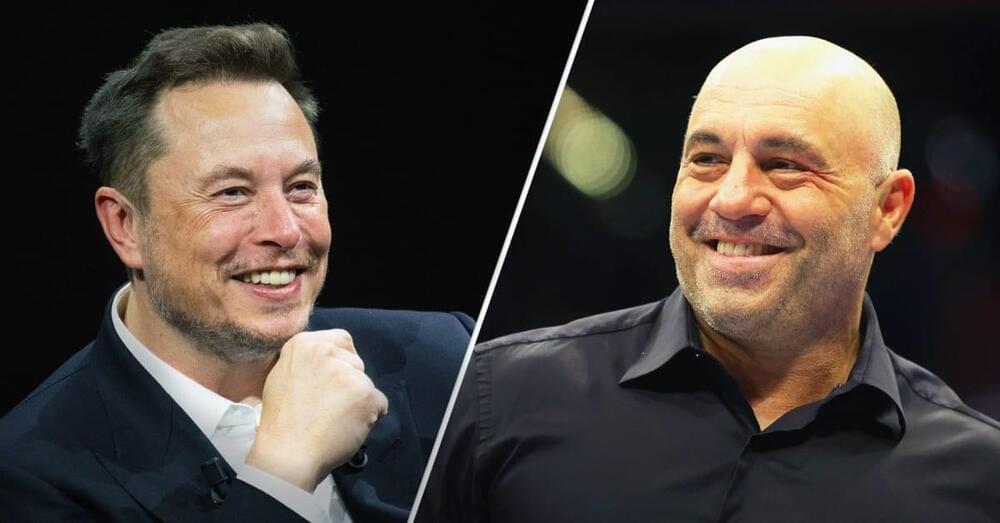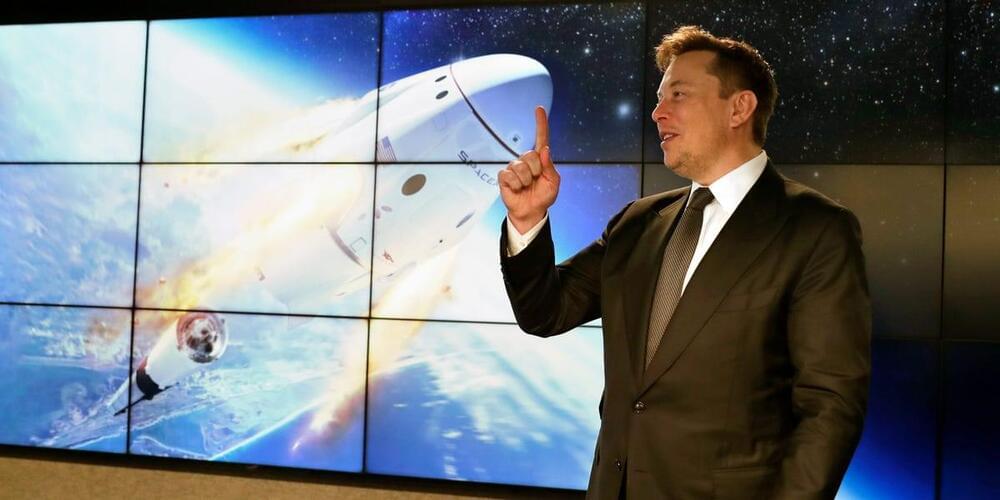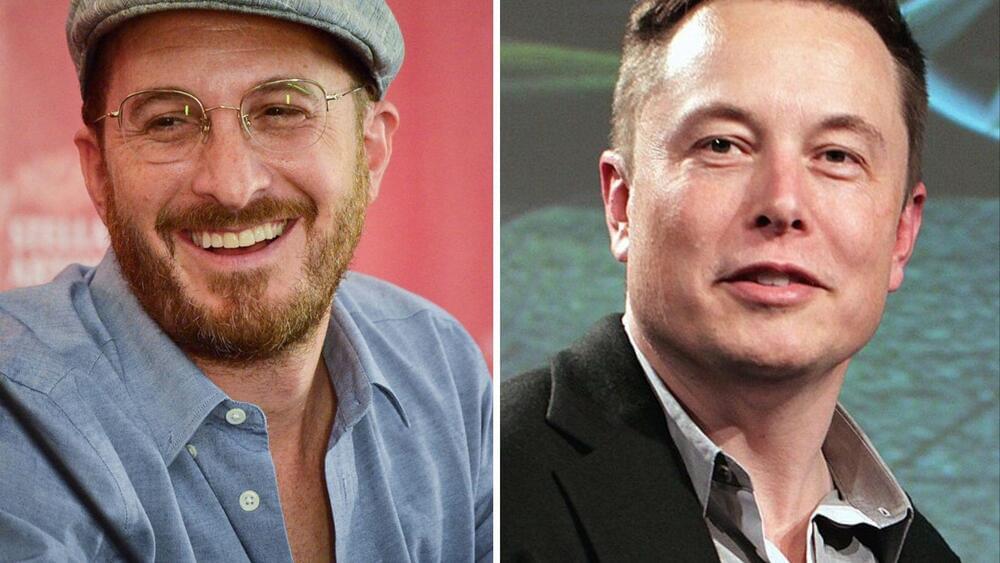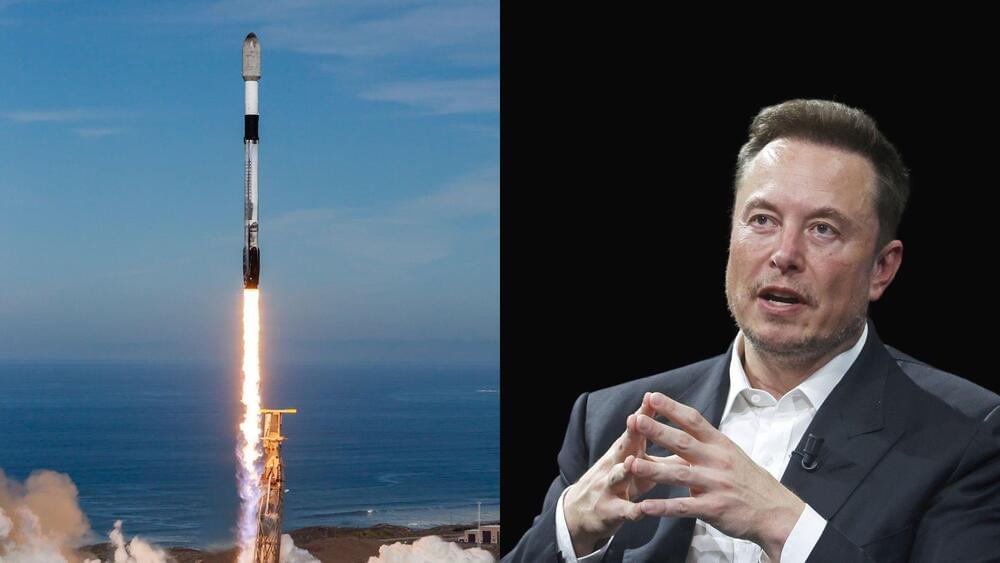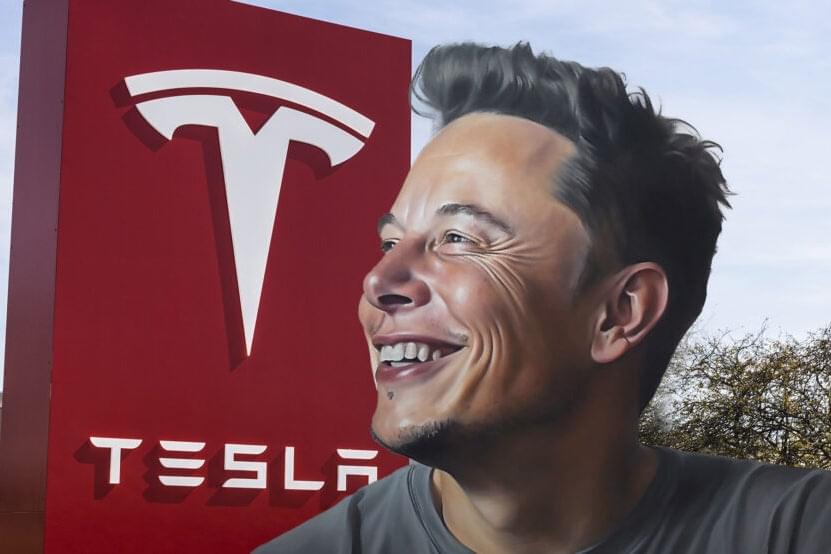Here’s one we weren’t expecting: the creator of ChatGPT, OpenAI, has unexpectedly announced that it’s ditching its charismatic CEO Sam Altman, effective immediately.
“Mr. Altman’s departure follows a deliberative review process by the board, which concluded that he was not consistently candid in his communications with the board, hindering its ability to exercise its responsibilities,” the company wrote in the surprise announcement. “The board no longer has confidence in his ability to continue leading OpenAI.”
The statement is strikingly vague about exactly what went off the rails with Altman, who cofounded the company alongside the also since-departed Elon Musk back in 2015.
